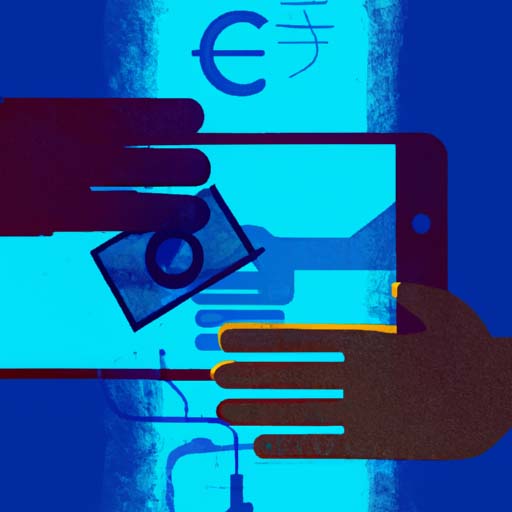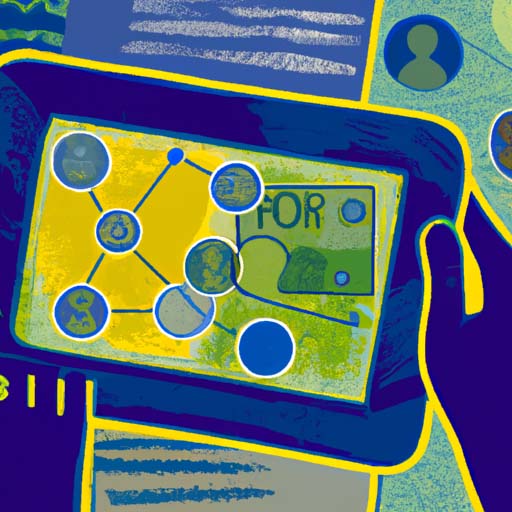Key Points:
- A recent study shows that the majority of Americans are living paycheck to paycheck and have little to no emergency savings.
- This lack of financial security can lead to increased stress, health problems, and difficulties in planning for the future.
In a recent study conducted by Bankrate, it was found that a staggering 69% of Americans have less than $1,000 in savings. This lack of emergency savings leaves many individuals vulnerable to unexpected expenses and financial hardships. With the rising cost of living and stagnant wages, it is becoming increasingly difficult for people to save money and achieve financial security.
The consequences of this lack of savings are wide-ranging. As the study reveals, more than one-third of Americans had to borrow money from friends or family within the past year to cover unexpected expenses. This reliance on external sources of funding adds yet another layer of stress and financial burden to individuals already struggling to make ends meet.
Furthermore, living paycheck to paycheck creates a cycle of financial instability that can have negative impacts on an individual’s physical and mental health. Chronic stress resulting from financial worries can lead to high blood pressure, heart disease, and other health problems. Additionally, the constant struggle to meet basic needs and the fear of not being able to handle emergency situations can cause anxiety and depression.
Another key finding from the study is that millennials are among the most financially vulnerable group, with 72% having less than $1,000 in savings. This lack of financial security can have serious long-term implications, as millennials struggle to save for retirement and plan for major life milestones such as buying a home or starting a family.
The importance of emergency savings cannot be overstated. It provides a safety net that allows individuals to handle unexpected expenses without falling into debt or relying on others for financial support. Building an emergency fund should be a priority for all individuals, regardless of their income level.
There are several steps individuals can take to start building emergency savings. First and foremost, it is important to track expenses and create a budget to identify areas where spending can be reduced. This could mean cutting back on non-essential expenses such as dining out or entertainment. Second, consider automating savings by setting up automatic transfers from your checking account to a separate savings account. This ensures that a portion of each paycheck is saved before it can be spent. Finally, explore ways to increase income, such as taking on a side job or freelancing opportunities.
In conclusion, the lack of emergency savings among Americans is a pressing issue with far-reaching consequences. It is crucial for individuals to prioritize saving money and building an emergency fund to protect themselves from financial uncertainty. By taking small steps towards saving and budgeting, individuals can improve their financial well-being and secure a more stable future.







